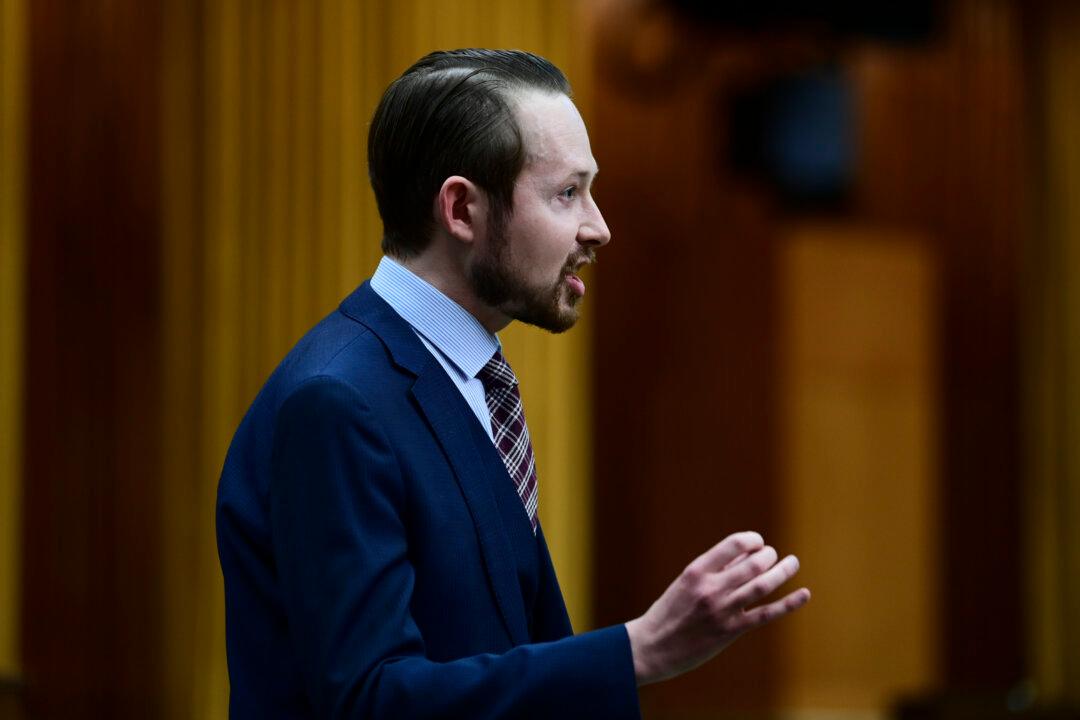Conservative MP Michael Cooper on Thursday introduced to the House of Commons the Canada-Taiwan Relations Framework Act, a bill that aims to strengthen bilateral relations between the two countries and support Taiwan’s participation in international organizations.
“It is in Canada’s economic and strategic interest to strengthen our relationship with Taiwan,” Cooper said in an emailed statement. “This legislation recognizes the reality that Taiwan, a vibrant democracy and economic powerhouse of 23 million people, is here to stay. It’s long past due that Canada’s policy towards Taiwan caught up with that reality.”





